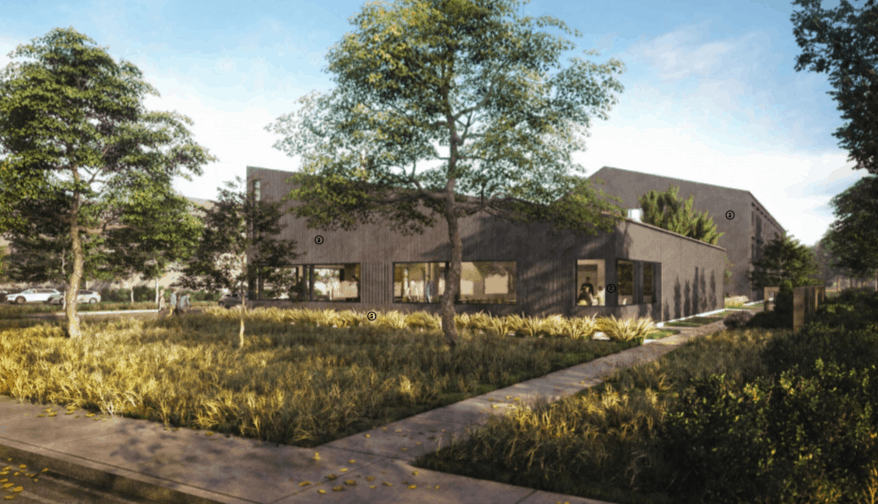Psychiatrist pleads for changes to Beaverton supportive housing plans
Published September 30, 2021 at 11:24 am

A psychiatrist with experience treating people with acute addictions and mental health concerns is calling on Durham Region Council re-evaluate their plans for a supportive housing unit in Beaverton.
Dr. Mark Katz led a delegation to Regional Council in which he asked the Region to better engage with the Beaverton community.
Durham is planning to build a 50-unit apartment building to house north Durham’s unsheltered population. Beaverton’s current population is less than 3,000 people.
The units will provide 24-hour mental health services, but there is no requirement for tenants to use them.
The development process began in September 2020. Over the last year it has faced significant opposition from some residents and even from Brock Township, which changed its bylaws on modular construction last year to slow the project, resulting in concessions from the Region.
“We can build this and it will be populated, but without intensive onsite support…the Region is risking severe adverse health outcomes,” Katz told Council. These effects could include overdose deaths, physical health emergencies, violence, and stigmatization of clients, he said.
Brock Township Mayor John Grant noted that Beaverton’s nearest hospital is 40 kilometres away in Orillia, a fact that was a concern for Katz as well, who called the healthcare that will be provided to tenants “telemedicine.”
Katz said healthcare at the proposed building will mostly virtual, which he said was “useful but limited.” He said patients would need an internet-capable device and an internet connection to receive treatment, something potentially out of reach for this population.
Grant said this was the largest development of its kind in the smallest town in Canada to try it. Katz agreed. “I’ve been unable to find a comparable project worldwide.”
Oshawa Mayor Dan Carter , who has long pursued local solutions to ongoing homelessness and addiction issues in his city, reminded councillors Oshawa has its own micro-home development to house unsheltered people in the city and hosts the Backdoor Mission, a charitable outreach program, in their downtown.
He called attention to large gaps in mental health and addiction treatment across the country. Katz agreed, saying they’re “even more pronounced in more rural areas.” He stressed that Beaverton doesn’t even have a practicing family doctor.
Carter pressed for alternatives, questioning if Katz was implying Durham’s unsheltered population be sent to larger centres with more resources. Katz rejected this characterization of his comments.
Katz recommended a delay in construction to consult with a working group, made up of people with healthcare and homelessness experience. He also called for more meaningful engagement with the Township.
The next public meeting on the project will be a Housing Liaison Committee meeting October 18.
While the Beaverton project was initially scheduled for completion in 2021, it has been delayed indefinitely. The Region plans to end homelessness by 2024, but has seen a large increase in its unsheltered population since the onset of the COVID-19 pandemic.
insauga's Editorial Standards and Policies advertising






